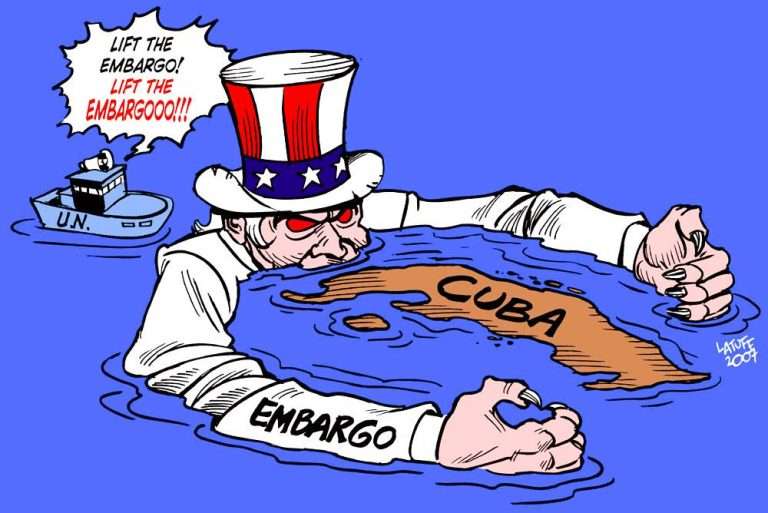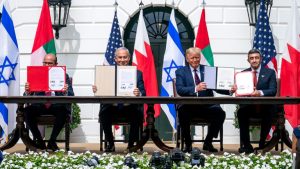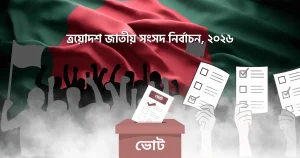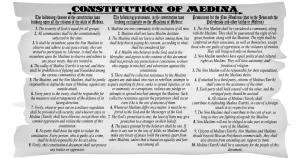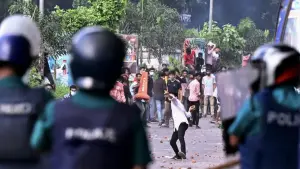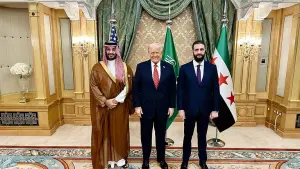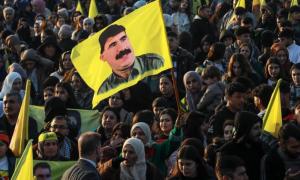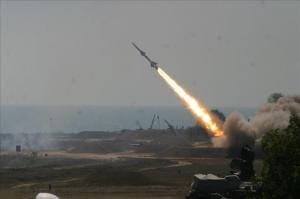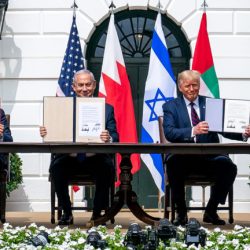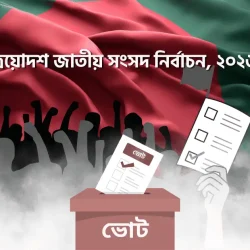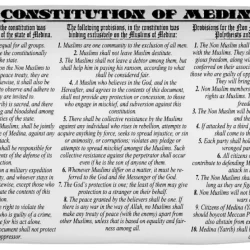Historical complexities and turbulent conflicts have marked America’s long-standing relationship with Cuba. From establishing diplomatic ties to the recent attempts at reconciliation, the Cuban saga has left an indelible mark on international relations. In this article, we will delve into the historical events that have shaped the relationship between the two nations, examining the tactics employed by the US in its efforts to maintain dominance in the region. From the Bay of Pigs invasion to the Cuban Missile Crisis, we will analyze the various strategies used by American administrations to achieve their objectives. Through a critical lens, we will explore the consequences of these actions on both countries and the broader international community.
America’s Cold-Blooded Treatment of Cuba
The Kennedy Era: Escalation and Conflict
When diplomatic ties between the United States and Cuba were established, optimism spread among many. However, lurking beneath the surface was a dark history of aggression and violence. The Kennedy administration played a significant role in this tumultuous period, with its intervention in Vietnam serving as a prime example of the brutality that ensued.
In Vietnam, the Diem regime’s oppressive actions sparked resistance, leading to a brutal and deadly conflict. President Kennedy’s administration faced a challenging situation, but instead of seeking peaceful negotiations, they chose to escalate the US intervention. This decision only fueled the internal aggression, with the president supporting a coup that installed hawkish generals, further intensifying the violence.
What is America’s Blackwater? How does it terrorize the World?
The Cuban scenario was no different. President Kennedy’s approach towards Cuba was marked by intensifying the embargo and backing a failed military coup. Tragically, this endeavor resulted in the assassination of President Diem and his brother, quashing any potential for a peaceful resolution.
To counter the resistance in Vietnam, Kennedy authorized airstrikes and launched programs that caused significant civilian casualties. These aggressive measures only escalated the conflict, preventing any chance of finding a peaceful resolution.
In both Vietnam and Cuba, President Kennedy’s actions veered away from diplomatic solutions, resulting in devastating consequences. Establishing diplomatic ties between the US and Cuba might have been perceived as a step toward peace, but historical reality reveals a far more complex and aggressive narrative.
Kennedy’s Terrorist Campaign
In response to the failure of the Bay of Pigs invasion, the Kennedy administration launched a terrorist campaign against Cuba, seeking to destabilize the nation and bring “the terrors of the earth” upon its people. This ruthless campaign, endorsed by the President and his advisors, had devastating consequences and brought the world to the brink of nuclear war during the Cuban Missile Crisis.
Is the USA a Leading Terrorist State?
The United States Air Force bombed South Vietnam under pretenses, authorizing the use of napalm and chemical warfare to destroy crops and livestock. Additionally, the US implemented programs to confine peasants in virtual concentration camps under the pretext of protecting them from guerrillas, whom Washington knew they were mostly supporting. Kennedy’s actions not only exacerbated the conflict but also revealed a willingness to resort to extreme measures to achieve US interests in the region.
US Policy in Latin America
Kennedy’s policies extended beyond Cuba to other Latin American countries, where the US supported military dictatorships and engaged in “internal security” operations. These actions were marked by human rights abuses and direct complicity in crimes against the population.
One of the most consequential decisions of Kennedy’s administration was in 1962, when he shifted the mission of the Latin American military from “hemispheric defense” to “internal security,” effectively endorsing war against the domestic population. The results were devastating, with reports of “internal aggression” and brutal crackdowns on dissenting voices. This shift in policy demonstrated the US’s commitment to curbing any potential threat to its interests in the region, even if it meant turning a blind eye to the atrocities committed by the Latin American military.
What is Woke Culture? Why is it so controversial?
The Nixon and Johnson Administrations
Following Kennedy’s assassination, President Johnson continued the policy of aggression towards Cuba. Though he relaxed some aspects of terrorism, the policy of punishing Cuba remained in place, and the US continued to exert pressure on the nation.
President Johnson’s approach towards Cuba was characterized by a desire to assert US dominance and control. He expressed his determination to “pinch their nuts more than we’re doing,” highlighting the lengths to which the US was willing to go to maintain its influence in the region. The US remained committed to stifling any perceived threat to its interests, and this commitment persisted even as powerful segments of the business community sought normalization with Cuba.
The US Objectives: Containing Contagion
At the core of US policy towards Cuba lay a crucial objective: containing the spread of the “Castro idea” throughout Latin America. From Washington’s perspective, Cuba represented a potential source of contagion, capable of igniting leftist movements in the region that could challenge US hegemony. To safeguard its influence in the hemisphere, the US employed a variety of tactics to curtail Cuba’s influence and protect its own interests.
US policymakers viewed the containment of Cuba as a matter of paramount importance. The fear of a domino effect, where other countries in the region might emulate Cuba’s revolutionary path, compelled the US to adopt aggressive policies. Preserving dominance in the region became the driving force behind the US actions.
Who are China’s Uighur Minority? What’s happening with them?
It is crucial to recognize that the US prioritized its strategic interests above all else. While rhetoric may have emphasized promoting democracy and human rights, the true motivation behind the US’s actions in the region was to safeguard its own influence and counter any perceived threats to its dominance. The pursuit of containment strategies was not merely an ideological endeavor but rather a calculated move to maintain control over Latin America.
Reevaluating US Policy: Balancing Success and Consequences
Critics of US policies towards Cuba may argue that they were ultimately unsuccessful, but a closer examination reveals a different perspective. To truly gauge the success of these policies, one must consider the US’s primary objectives. From this standpoint, it becomes evident that the US achieved its goals of preventing the spread of the “Castro idea” and containing potential threats to its dominance in Latin America. Cuba survived, yet its ability to realize the feared potential was curtailed, while the region witnessed the emergence of military dictatorships to suppress opposition to US interests.
The impact of US policies towards Cuba extends beyond short-term containment. While these policies may have fulfilled immediate objectives, they have left enduring consequences, both regionally and internationally. The US’s aggressive pursuit of its interests has resulted in its isolation in the region and has sullied its global reputation. The ethical implications of such policies have been widely questioned, prompting widespread criticism and condemnation.
What is the Gender Pay Gap? Does it really exist?
The Legacy of US Policy
US policies towards Cuba have left a lasting impact on both countries and the international community. Cuba’s survival in the face of relentless aggression has garnered international support, leading to the isolation of the US in the region and drawing global criticism. Despite some recent efforts at reconciliation, the US’s unwillingness to lift the embargo and engage in meaningful dialogue with Cuba continues to be a contentious issue.
The legacy of America’s cold-blooded treatment of Cuba serves as a cautionary tale about the consequences of an aggressive foreign policy driven by narrow self-interests. The policies pursued by the US in the past have not only harmed the people of Cuba but have also undermined the US’s credibility as a champion of democracy and human rights.
Conclusion
The history of America’s treatment of Cuba is a complex tapestry of aggression, diplomatic maneuvers, and ideological struggles. From the Kennedy era to the present day, the US has pursued policies aimed at maintaining its dominance in the region. While some may view these policies as failures, a closer examination reveals that they were effective in achieving the US’s primary objectives of containing contagion and securing its interests in Latin America.
However, the long-term consequences of these policies have been far-reaching, leading to the isolation of the US in the region and drawing international condemnation. As the world evolves, it is essential for the US to reevaluate its approach and engage in constructive dialogue with Cuba, fostering a relationship based on mutual respect and cooperation. Only through such efforts can a new chapter be written in the history of US-Cuba relations. The pursuit of peace, respect for sovereignty, and the promotion of human rights should guide the way forward in the quest for a more harmonious relationship between the two nations and the broader international community.

